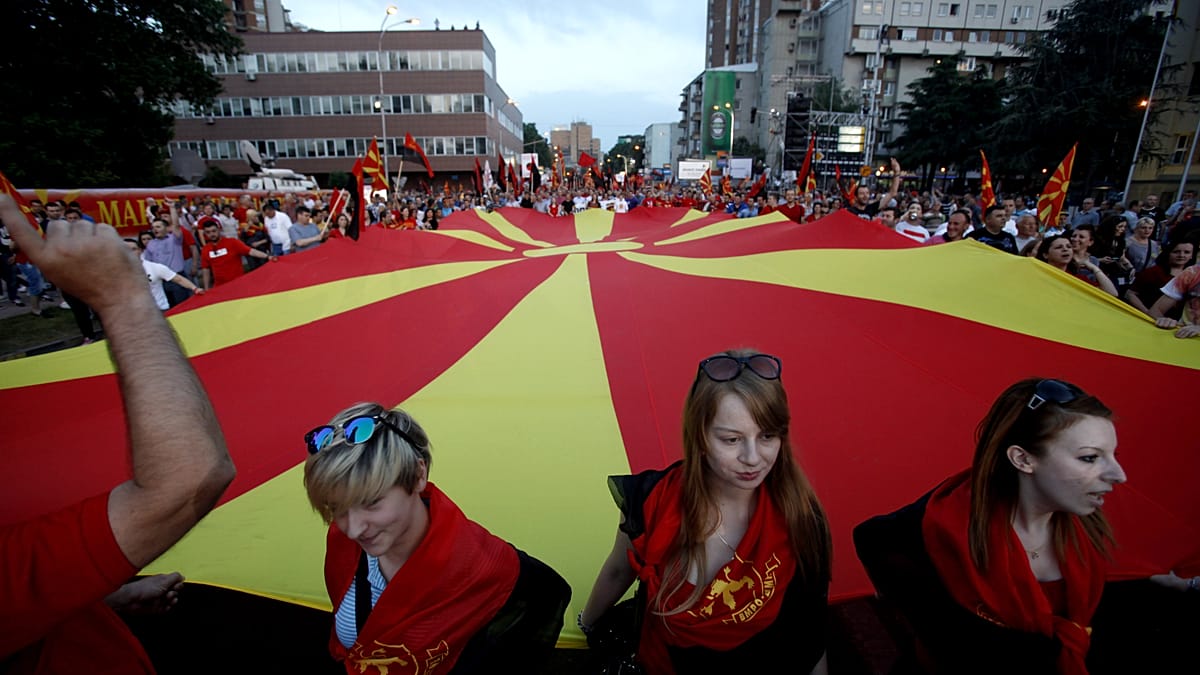Historical, cultural and linguistic disputes keep the EU door closed to North Macedonia, while the key is held by "brotherly" Bulgaria, which has promised it will not back down until its neighbouring country fulfils the agreement reached in 2018.
The disputes between the two countries date back for years, as do attempts at reconciliation. And although politicians have repeatedly signed agreements promising good neighbourly relations and conflict resolution, this has still not happened. But whose fault is it?
While language, identity and history remain a hot topic, above all, the main obstacle for North Macedonia remains its refusal to comply with the so-called "French proposal" from 2022, according to which North Macedonia must include the "Bulgarian community" in its constitution as a basic condition for progress in the accession process.
Although the government of North Macedonia at the time voted in favour of this proposal, the country today refuses to implement it.
Prime Minister Hristijan Mickoski calls this decision by his predecessors a "political and strategic mistake" that has endangered the country's European path and European future.
"The second round of the local elections in North Macedonia has not yet taken place, but once it is over, we c
Continue Reading on Euronews
This preview shows approximately 15% of the article. Read the full story on the publisher's website to support quality journalism.
